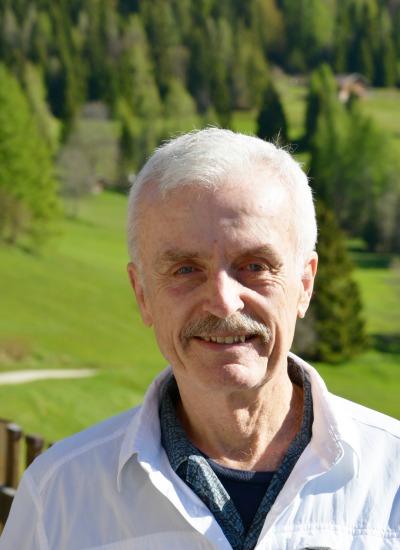Christopher Charles Glembotski
Director, Center for Translational Cardiovascular Research
Associate Dean, Research
Professor
Professor, BIO5 Institute
Primary Department
Department Affiliations
Contact
(602) 827-3233
Work Summary
I moved to UA COMP after many years at San Diego State University as the Director of the SDSU Heart Institute. Here, I am the inaugural Director of the Translational Cardiovascular Research Center. I am also the Associate Dean for Research at UA COMP. My main goal in both of these positions is to continue to build current and develop new translational biomedical research programs that bridge UA COMP with clinical partners in Phoenix and with research partners at UA COMP.


